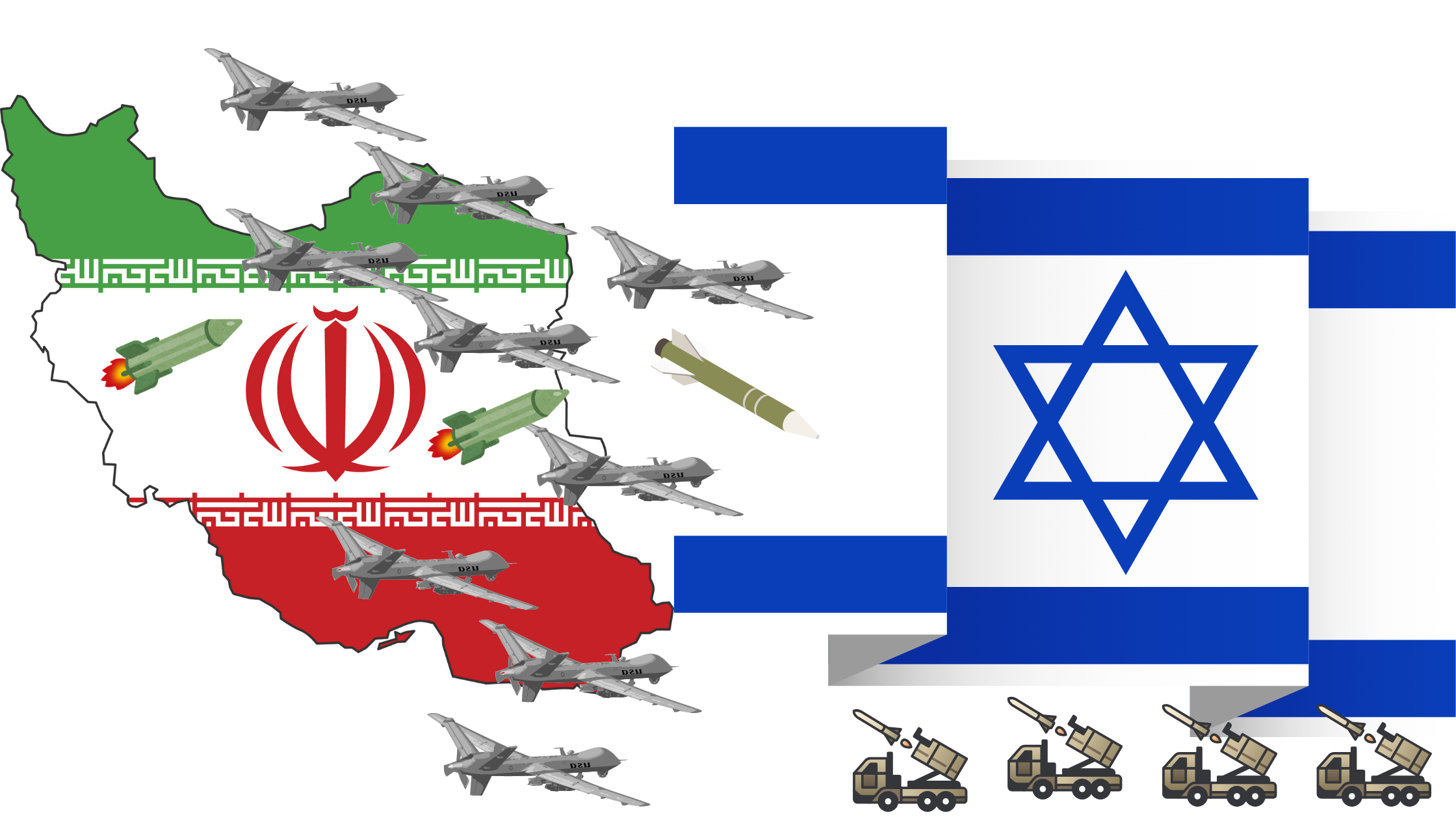In an unprecedented escalation of tensions, Iran has initiated a large-scale military assault on Israel, employing a combination of over 100 unmanned aerial vehicles (UAVs), commonly known as drones, and several cruise missiles capable of carrying significant payloads. Reports emerging from the region suggest that this aggressive operation might also involve a coordinated attack through Lebanon, leveraging Iran-supported groups stationed there.
The drone assault was first reported early this morning, marking a severe increase in the ongoing hostilities between the two nations. Shortly thereafter, sources confirmed the launch of multiple cruise missiles, intensifying concerns over the potential for substantial casualties and structural damage.
Israeli defense forces have confirmed their state of high alert and readiness to engage in both defensive and offensive operations to counteract the multi-tiered assault. Anti-missile defense systems, including the renowned Iron Dome, are actively intercepting incoming threats, while ground and air forces are positioned to respond swiftly.
The Israeli government has issued an immediate call for all citizens to seek shelter as sirens continue to sound across the country, particularly in regions closest to the Lebanese border and along the coastal areas deemed most vulnerable to cruise missile strikes.
In response to the crisis, the United States has unequivocally stated its intention to support Israel. US officials, speaking on condition of anonymity, have expressed that the administration sees this as a critical moment not only to reaffirm its alliance with Israel but also as an opportunity to potentially take more direct action against Iran. “We have been clear that we will stand with Israel. We are closely monitoring the situation and are prepared to act to defend our interests and our allies in the region,” one official stated.
International reactions have been swift, with global leaders calling for an immediate cessation of hostilities and the initiation of diplomatic talks to prevent further escalation. The United Nations Security Council is set to convene an emergency session to address the crisis, with several member states urging for a robust international response to what is seen as an overt act of aggression.
The motive behind Iran’s strategy remains subject to speculation, though analysts suggest that the simultaneous use of drones, missiles, and proxy forces could be aimed at overwhelming Israeli defensive capabilities, signaling a significant shift in Iran’s military tactics against its longtime adversary.
As the situation unfolds, the international community watches closely, hoping for a resolution that can avert a broader conflict in the already volatile Middle East region. The outcome of this confrontation could redefine regional power dynamics and influence global geopolitical alignments for years to come.
